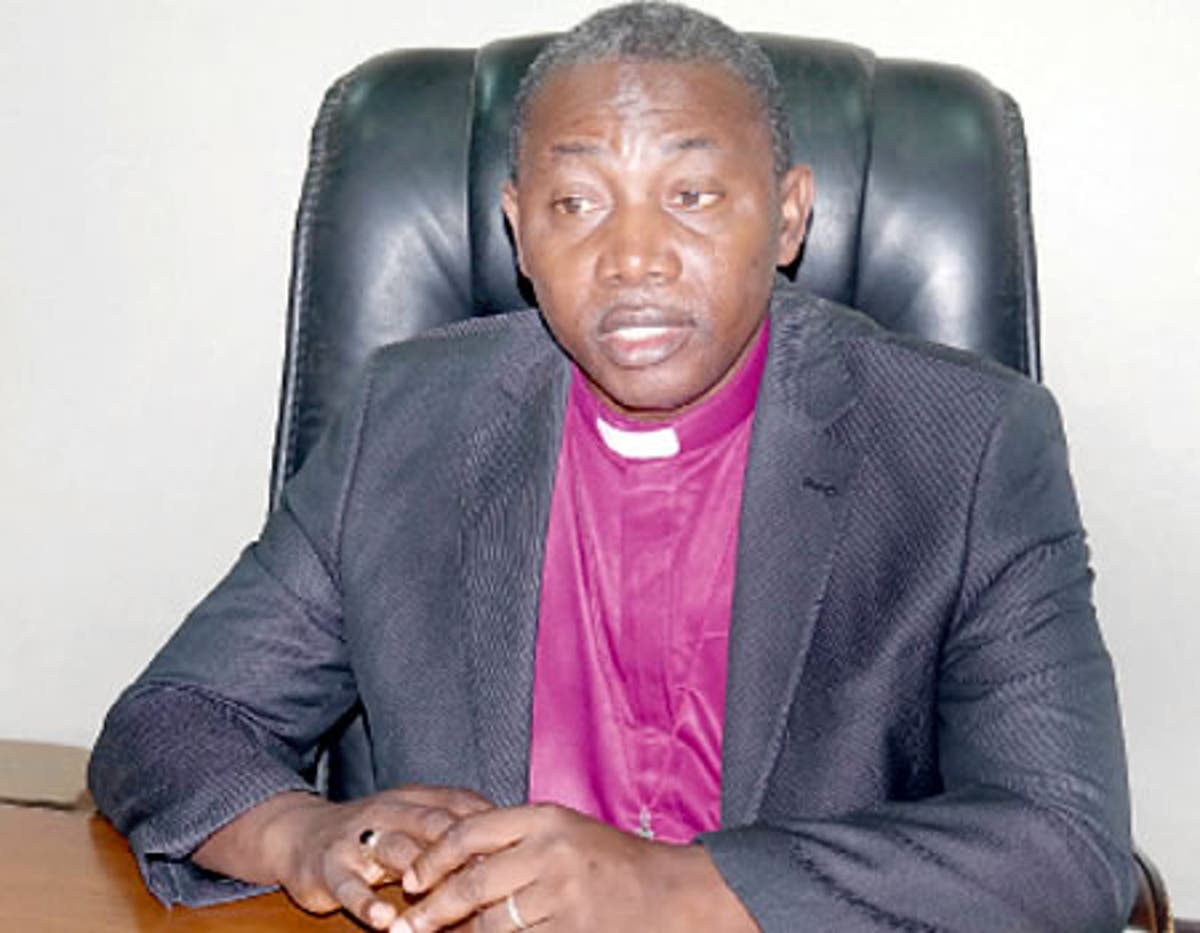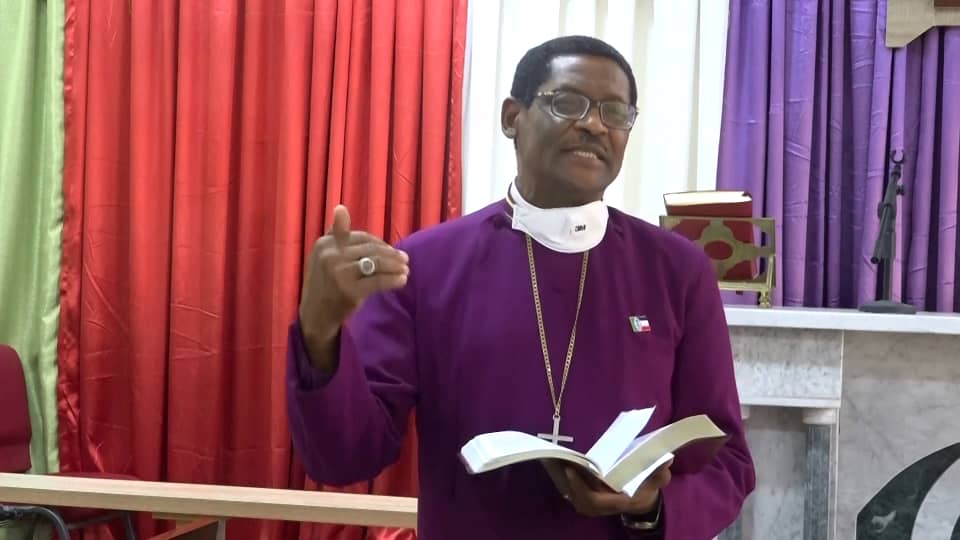Bishop Hubert Whitsey has been implicated in a number of historic allegations of abuse by Chester Constabulary, who say that it is not their role “to judge whether someone is guilty or innocent.”
Cheshire Constabulary – the regional police force with responsibility for the area of the Church of England’s Diocese of Chester – has published a report detailing abuse allegations against Bishop Hubert Whitsey, the former Bishop of Chester.
Bishop Whitsey died in 1987. Today, the police said that if he was still alive, he would have been formally spoken in relation to 10 of the 13 separate allegations made against him. Police inquiries began after the Diocese of Chester passed concerns to the police.
“The role of the police within the investigation into a deceased person is not to reach any conclusion as to the guilt or innocence of the person subject of the allegations of abuse as there is no likely prospect of criminal proceedings being taken forward,” the police said in a report published today. “However, this report . . . does outline the decision that would have been taken by the police if Right Reverend Hubert Victor Whitsey had been alive in relation to whether he would have been spoken to in order to establish his account.”
Following the referral to the police by the Diocese of Chester’s safeguarding officer, a 13-month investigation took place by a four-person team: an inspector, sergeant and constable from the Criminal Investigation Department (CID) and a uniformed constable. This was supported by an internal investigation by the Diocese of Chester which revealed a number of additional complainants.
In total, 13 people came forward. Police say they would have pursued enquiries into alleged abuse carried out against six females and four males between 1974 and 1982.
They say: “The fact that the police have made the decision that should Right Reverend Hubert Victor Whitsey have been alive today he would be spoken to is not an indication of guilt, as within any criminal investigation individuals are provided opportunities to give their account, whether this leads to further action or not.”
And they say that “Any person spoken to by Cheshire Constabulary as part of a criminal investigation, where it is alleged they are the offender, would be accorded the protection and advice of the police caution, prior to making any response.”
In a statement, the Assistant Chief Constable of Cheshire, Nick Bailey, said: “Allegations of this nature are taken extremely seriously. The police have a duty to carry out a proportionate investigation into all allegations of sexual abuse – even if the alleged offences took place many years ago and the person being accused has since died.”
He said that the publication of the report indicating that Bishop Whitsey would have been formally spoken to by police was “not an indication of guilt,” adding: “It is not the role of the police to judge whether someone is guilty or innocent.”
In a separate joint statement, Archbishop John Sentamu – whose York province within the Church of England covers Chester – and the current Bishop of Chester, Dr Peter Forster, say that they are “deeply sorry”. In it, they apologise “to those individuals who have come forward to share their account of abuse by a bishop in the Church of England who was in a position of power and authority.
“We appreciate that it is very difficult for individuals to come forward and to give their account. Sexual abuse is a heinous crime – and is an absolute and shameful breach of trust. We acknowledge that for survivors, the effects of sexual abuse are lifelong. We are offering pastoral support to all those who have come forward and continue to hold them all in our prayers.”
They go on to say that “the Church will consider what lessons can be learnt from this case and whether any action needs to be taken as a result of what these enquiries have shown.”
In an unrelated case, the Archbishop of Canterbury Justin Welby has written to an abuse survivor known by the nom de plume Gilo to apologise for the way he had been treated by the Church and by Lambeth Palace. The apology followed a mediated meeting between the survivor and his representatives with the the Bishop of Durham, Paul Butler, and the Bishop at Lambeth, Tim Thornton.
“We recognise the cost to survivors in terms of the impact of the church’s failure and recognise that there are many situations needing justice, healing and reconciliation,” Bishops Paul and Tim said in a joint statement. “We are acutely embarrassed that it has been survivors who have over many years, decades in some situations, had to find the courage to drive forward change.
“We hope we can now match that with our own determination and bring our own necessary courage to the task. If healing and reconciliation is to happen we must for the sake of justice learn from the tenacity of survivors. And we as two bishops commit ourselves afresh personally to changing our culture and our structure.”
Gilo, sometimes known as Joe, gave an interview to the Guardiannewspaper last year in which he detailed how he was 15-years-old when, in 1976, he was subjected to a “sadistic” assault by Garth Moore, the vicar of St Mary’s Abchurch in the City of London and chancellor of three dioceses.
The Church of England’s handling of abuse cases will be investigated, alongside the Church in Wales, by the Independent Inquiry into Child Sexual Abuse (IICSA) during public hearings next March.




